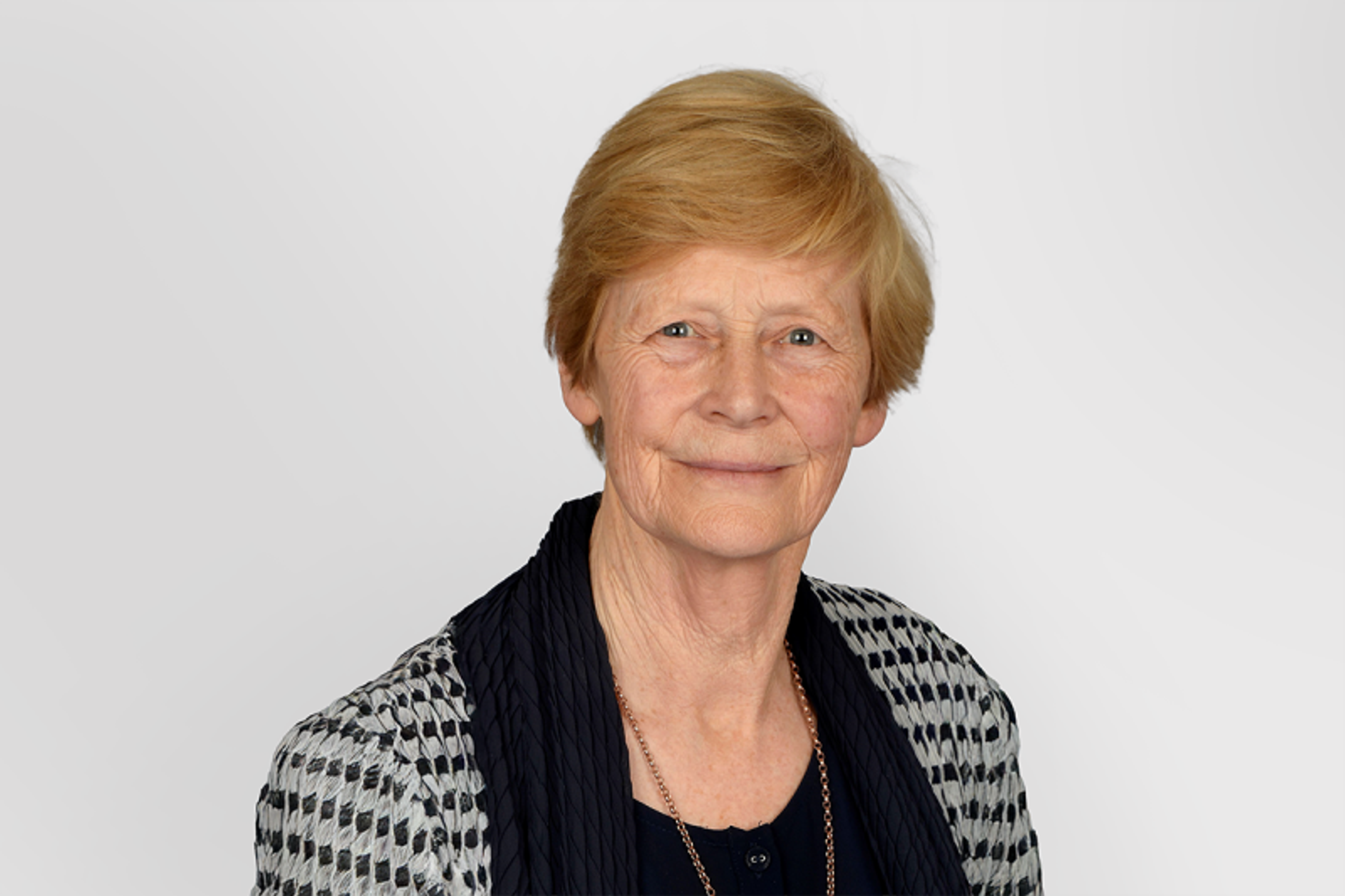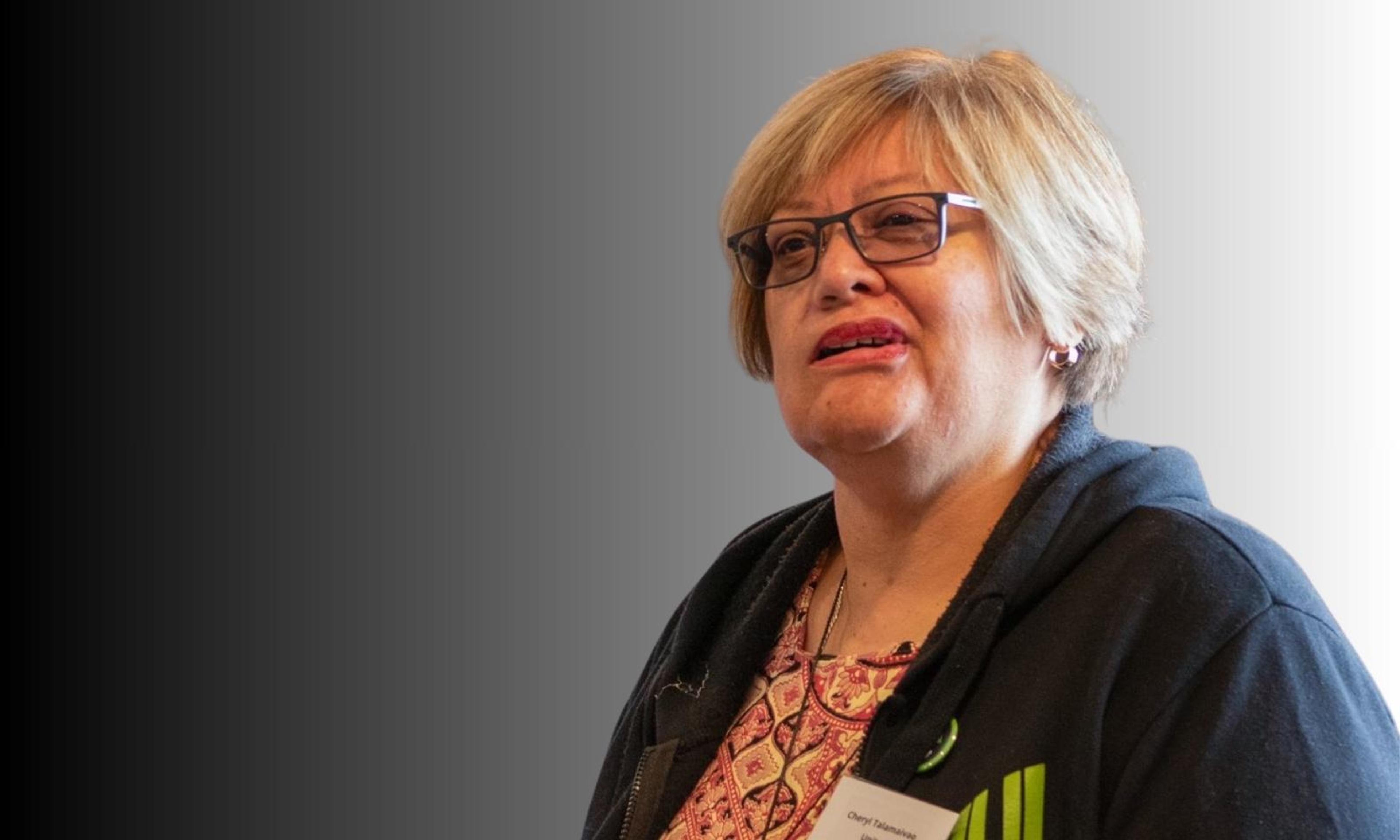

Pasifika Business Advisory has reported that many small enterprises owned by Pacific Islanders face significant difficulties in securing the necessary capital for expansion and sustainability.
Pasifika entrepreneurs persevere amid challenges - expert
Afamasaga Jackie Curry says despite the harsh economic climate, Pacific business owners remain resilient.



Four decades of Pacific service: Sāmoan senior lecturer recognised in New Year Honours

Forget the resolutions: Here's how you can live with intention in 2026

Pacific eyes on rising US strikes in Venezuela amid deaths at sea


Four decades of Pacific service: Sāmoan senior lecturer recognised in New Year Honours

Forget the resolutions: Here's how you can live with intention in 2026
How are Pasifika entrepreneurs faring amid New Zealand’s challenging financial climate?
According to a Pacific business consultant, their perseverance remains strong despite the economic hardships they face.
This year’s OECD Economic Survey reported significant economic challenges for the country in recent years.
This period was marked by a strong recovery after the pandemic, which slowed due to rising interest rates on housing construction and inflation, undermining purchasing power and consumption.
The Pasifika Business Advisory also reported small Pacific enterprises struggle to access the capital needed for growth and sustainability and secure financial support for operations, marketing, and expansion.
Speaking to William Terite on Pacific Mornings, consultant Afamasaga Jackie Curry said that although Pacific entrepreneurs remain resilient, they are experiencing reduced cash flow, fewer opportunities, and concerns regarding sustainability.
“Consumers, as we all know, are spending less in this market, but I wouldn't say Pasifika businesses are phased,” she said.
“I wouldn't say that they are confident, [but] they're confident in their ability to do business. What they're not confident in is the current economy and the outlook for business opportunities.
“[They’re] basically just trying to survive in the current economy.”
Watch the full interview via 531pi’s FB below:
Underrepresentation in business
Afamasaga said a significant challenge for Pacific entrepreneurs is the lack of a proven model for success, as previous generations were more often funnelled into being employees instead of employers.
Many Pacific migrants who arrived in the 1960s and onward were recruited into low-skilled jobs, such as factory work, which shaped the employment landscape for these communities.
“[They] migrated here many years ago and started out in factory jobs and so forth, all the way up to professional jobs,” she said.
A recent report found that Pacific people are overrepresented in low-skilled occupations, accounting for 53.2 per cent of Pacific employment compared to 34.3 per cent of total employment.
That same report revealed that only 22.7 per cent of Pacific people hold highly-skilled occupations, whereas the national average is 39 per cent.
“It's a big thing in Pasifika to be educated and so a lot of people go into government jobs, corporate,” Afamasaga said.
“So there's not a lot of Pacific people in New Zealand actually in business.”

Pacific people remain overrepresented in lower-skilled occupations. Photo/Unsplash.
Racial discrimination and bias
Last year, research by Massey University found that nine in 10 Māori and Pacific people have experienced discrimination at work, with only 6.4 per cent of Māori and 4.1 per cent of Pasifika reporting no incidents of discrimination.
Afamasaga said this conscious bias that marginalises Pacific people poses another obstacle for Pasifika entrepreneurs.
“Whether it's in the corporate world, it also exists in the business world,” she said.
“Again, it comes back to mindset. Some of our Pacific entrepreneurs just push through, they don't let those barriers and biases towards them hold them back.
“Our Pacific people deal with a lot of issues of imposter syndrome, feeling less than compared to their other counterparts in business.”
She added that many Pacific business people face issues related to imposter syndrome, often feeling inferior compared to their counterparts.
While they are often more skilled than most, their humility can sometimes restrict them from being “aggressive in business”.

Only 6.4 per cent of Māori and 4.1 per cent of Pasifika did not report workplace discrimination. Photo /Unsplash.
Expanding the Pacific business network
The Punaoa Pacific Business Growth Programme, funded by the Ministry for Pacific Peoples, aims to equip Pacific business owners with strategic planning tools for 2025.
This initiative is designed to foster resilience during these challenging economic times.
Their online business scaling and expansion programme began last month and is delivered by SPACIFIC Consultancy and Orion Tiatia Consulting as service providers under the MPP's Pacific Business Village.
Afamasaga will conduct a key workshop as part of this initiative, drawing on her global market experience, including her recent visit to Dubai, which she described as “the entrepreneurship capital of the world”.
“I wanted to bring those tools to this planning day and make it available not just to my Punaoa clients in the current programme I'm running but to make it available to the wider Pacific business community.
“[To] give people a chance to take stock before Christmas so that come January, they can hit the ground running.”
For more information on Punaoa, or to register for a programme, click here.